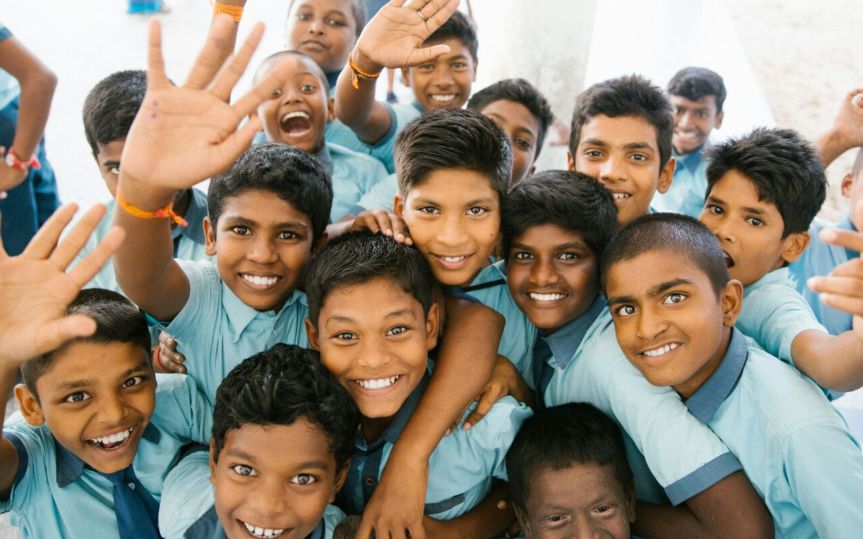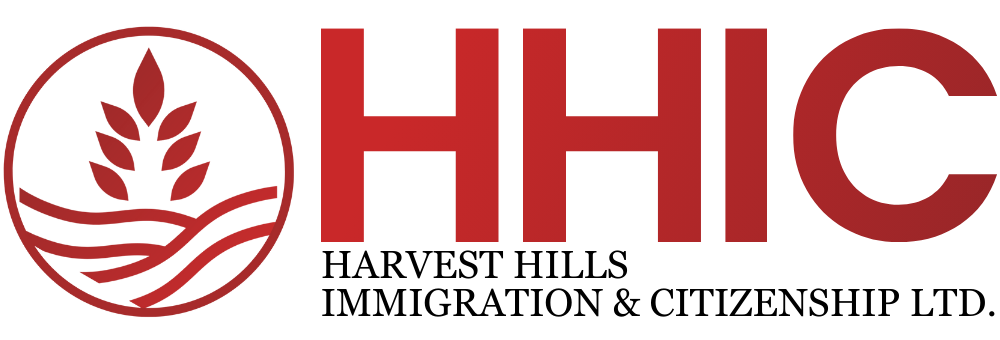
2025 provincial and territorial allocations under the international student cap
IRCC Notice
Ottawa, January 24, 2025—Over the last year, Immigration, Refugees, and Citizenship Canada (IRCC) has made important changes to better prepare international students for life in Canada, strengthen our programs and address the changing needs of our country.
In 2024, IRCC capped the number of study permit applications that could be accepted for processing to keep our program strong and help ease the strain on housing, health care and other services. This measure has reduced the number of international students coming to Canada by about 40% and also eased pressures in rental markets with high student populations.
Building on these changes, provincial and territorial allocations for 2025 have now been finalized. For 2025, IRCC plans to issue a total of 437,000 study permits, which represents a 10% decrease from the 2024 cap.
Since the introduction of the cap last year, most study permit applicants have been required to submit a provincial attestation letter or territorial attestation letter (PAL/TAL). This requirement now extends to master’s and doctoral students, as well as most applicants applying from within Canada. To support this change, we are reserving spaces specifically for graduate students. Additionally, a new exemption is now in place for exchange students, ensuring that Canadian students can continue to benefit from reciprocal agreements to study abroad.
The following groups continue to be exempt from submitting a PAL/TAL:
- primary and secondary (kindergarten to grade 12) students
- certain Government of Canada priority groups and vulnerable cohorts
- existing study permit holders applying for an extension at the same designated learning institution (DLI) and at the same level of study.
The breakdown of study permits for 2025 by student cohort is as follows:
| 2025 national target | |
|---|---|
| Study permits issued to graduate degree students | 73,282 |
| Study permits issued to kindergarten to grade 12 applicants (PAL/TAL-exempt) | 72,200 |
| Study permits issued to all other PAL/TAL-exempt applicants | 48,524 |
| Study permits issued to remaining PAL/TAL-required cohorts | 242,994 |
| Total | 437,000 |
| Province or territory | Expected study permits – Graduate degree students | Expected study permits – Remaining PAL/TAL-required cohorts | Expected number of study permits to be issued to all PAL/TAL-required cohorts |
|---|---|---|---|
| Alberta | 3,887 | 28,773 | 32,660 |
| British Columbia | 20,053 | 33,536 | 53,589 |
| Manitoba | 1,224 | 8,797 | 10,021 |
| New Brunswick | 1,400 | 5,030 | 6,430 |
| Newfoundland and Labrador | 1,456 | 3,208 | 4,664 |
| Northwest Territories | 0 | 220 | 220 |
| Nova Scotia | 1,954 | 6,343 | 8,297 |
| Nunavut | 0 | 220 | 220 |
| Ontario | 21,841 | 94,899 | 116,740 |
| Prince Edward Island | 205 | 1,045 | 1,250 |
| Quebec | 19,683 | 53,294 | 72,977 |
| Saskatchewan | 1,578 | 7,291 | 8,869 |
| Yukon | 1 | 338 | 339 |
| Total | 73,282 | 242,994 | 316,276 |
| Province or Territory | Allocations for Graduate Students | Allocations for All Other PAL/TAL-Required Students | Total Allocations |
|---|---|---|---|
| Alberta | 5,256 | 42,082 | 47,338 |
| British Columbia | 28,333 | 47,754 | 76,087 |
| Manitoba | 1,980 | 16,611 | 18,591 |
| New Brunswick | 3,112 | 11,673 | 14,785 |
| Newfoundland and Labrador | 2,648 | 6,534 | 9,182 |
| Northwest Territories | 0 | 705 | 705 |
| Nova Scotia | 4,191 | 14,411 | 18,602 |
| Nunavut | 0 | 0 | 0 |
| Ontario | 32,579 | 149,011 | 181,590 |
| Prince Edward Island | 391 | 2,044 | 2,435 |
| Quebec | 38,786 | 123,956 | 162,742 |
| Saskatchewan | 2,791 | 14,850 | 17,641 |
| Yukon | 1 | 463 | 464 |
| Total | 120,068 | 430,094 | 550,162 |
Considering growth in the graduate international student sector has been sustainable, the decision to include this cohort under the cap was a preventative measure to ensure the number of graduate international students remains well managed. As such, provinces and territories are expected to issue the same number of study permits to graduate students in 2025 as they did in 2023. In other words, each province’s and each territory’s 2025 graduate student sub-allocation is based on the number of study permits that they respectively issued to graduate students in 2023.
DLIs, provinces and territories cannot carry over unused allocation spaces or PAL/TALs from the previous cap year.
With the coming-into-force of new regulations in November 2024, DLIs are now required to participate in student compliance reporting, as well as the letter of acceptance verification process. Failing to do so could result in a DLI being suspended for a period of up to one year, during which it won’t be able to receive new international students.
We will continue to work collaboratively with provinces and territories to strengthen the International Student Program.






